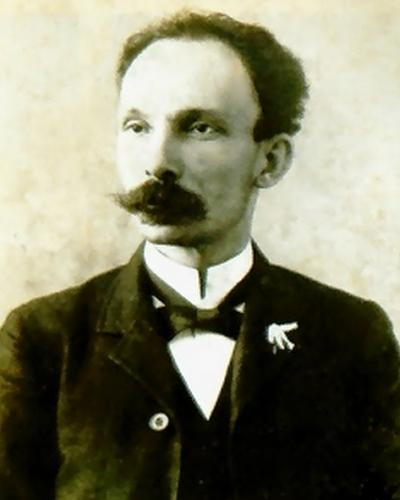
By Roberto Morejón
January is an allegorical month for Cubans because of its connection with José Martí, to whom all citizens, mainly children, adolescents and young people, pay a well-deserved tribute.
Although the main event for the 171st anniversary of his birth was the traditional March of the Torches in Havana, it was moving to see children and teenagers go to parks and squares across the country where representations of the National Hero are raised.
It was the modest feeling of those who exalt the poet, journalist, essayist, political leader and humanist who fought for the unity of Cubans in the necessary war, with a fertile thought that teaches new generations.
The ideas and work of the founder of the Cuban Revolutionary Party are also a subject of study for experts in the field of economics.
A fervent defender of Bolivarian thought, Martí outlined the project of economic progress for Latin America, in which material contributions should be conveniently distributed, a logical precision in the heat of the inequalities seen in his travels through the region.
The Apostle advocated in relation to the largest of the Antilles for a different Republic, where popular politics should be defended and development would be essentially in charge of the masses.
To cultivate, to undertake, to distribute, would be exalted terms, and in this regard newspaper articles in which he highlighted the work that beautifies, disciplines and nourishes stand out.
The author of the Simple Verses considered agriculture as the only source of real wealth and assured that the earth always produces and bears fruit.
Surrendered to work, there is no way for sorrow to overcome us, he once wrote.
The immense concept is valid for today's Cubans who, in the midst of an adverse panorama of material shortages, essentially caused by the U.S. blockade, are called upon to generate well-being, basically, from their own efforts.
As an exhortation to a workers' congress points out, Cuba today is going through a considerable loss of foreign currency income, it is suffering a productive contraction, goods and services are scarce and prices are excessive.
The Central de Trabajadores de Cuba summons all affiliates to a critical debate in order to preserve guarantees, but also with a view to contribute the maximum of each one in production and services.In short, as Martí intended, to transform reality for the good of Cuba.

